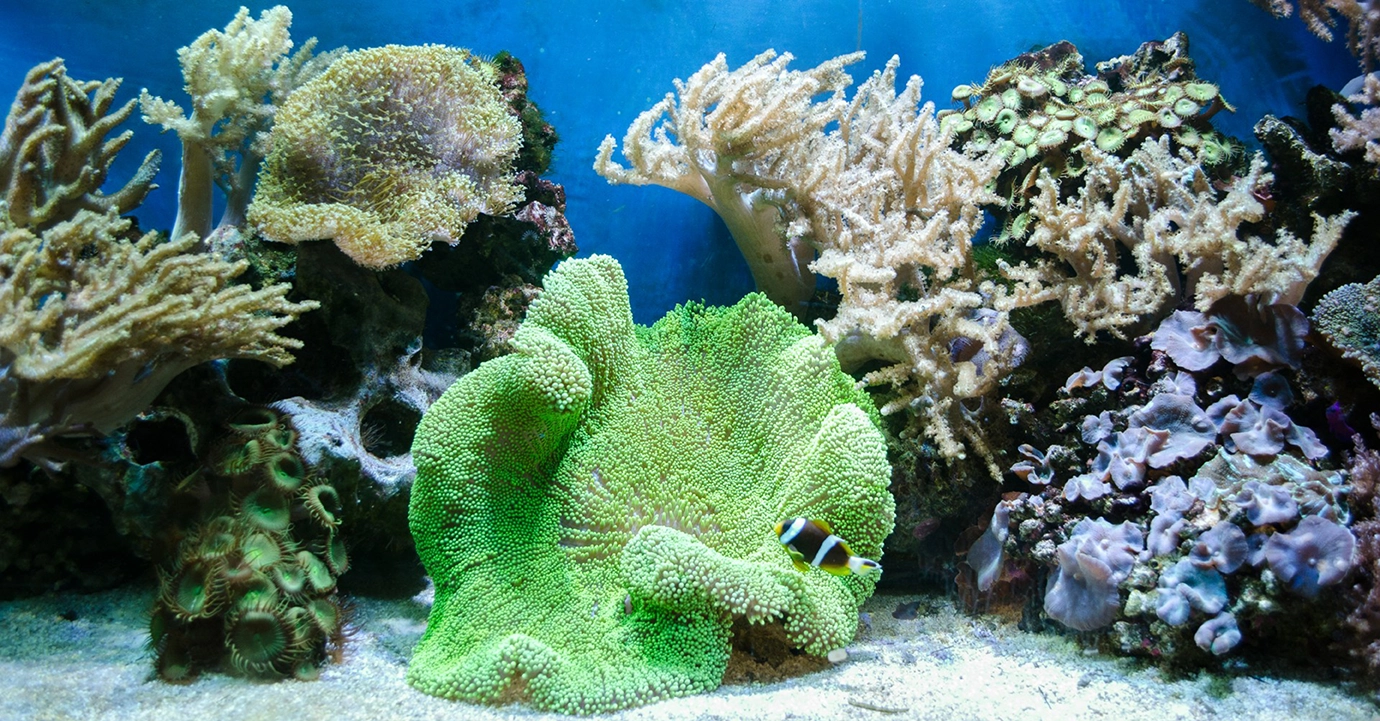U.S.–China Relations, Climate Change, and Biodiversity Loss†
Table of Contents
- China & Protection of Endangered Species
- Guiding Case No. 177: Illegal Transportation of Tridacnidae Shells
- Court Decision Ignored & Consequences
Estimated Reading Time
- 7 min

In his recent speech titled “The Administration’s Approach to the People’s Republic of China”, U.S. Secretary of State Antony Blinken clearly stated that China is “integral” to the United States’s ability to solve various challenges, including climate change. To avoid “the worst consequences of [the climate] crisis”, he urged China to join the United States in “accelerating the pace” of their shared efforts. Ecosystems with healthy populations of native plants and animals help address climate challenges. Yet many ecosystems have been adversely affected by the loss of biodiversity. How does China tackle this loss?
China & Protection of Endangered Species
An important way to fight biodiversity loss is to regulate trade in endangered species. China is a contracting state of the Convention on International Trade in Endangered Species of Wild Fauna and Flora, which has more than 180 parties, including the United States. A fundamental principle of the convention is that all parties “shall not allow trade in specimens of species included in Appendices I, II, and III except in accordance with the provisions of [the] Convention”. The convention specifies the content of these three appendices as follows:
- Appendix I includes “all species threatened with extinction”.
- Appendix II includes “all species [that] may become [threatened with extinction] unless trade in specimens of such species is subject to strict regulation”.
- Appendix III includes “all species which any Party identifies as being subject to regulation within its jurisdiction for the purpose of preventing or restricting exploitation, and as needing the co-operation of other Parties in the control of trade”.
In addition to the convention, China has various domestic rules to protect endangered species. For example, according to the Law of the People’s Republic of China on the Protection of Wild Animals, China identifies endangered species on the List of Wild Animals Under Priority Protection of the State as being under the country’s first-class or second-class protection. Illegal exploitation, such as illegal transportation, of these protected species will lead to legal liability, as illustrated in a recent case discussed below.
Guiding Case No. 177: Illegal Transportation of Tridacnidae Shells
Guiding Case No. 177 concerns a Chinese company’s transportation of 250 tons of Tridacnidae shells across Chinese waters without obtaining a required license from the authorities. Of these shells, 98% were shells of Tridacna gigas (an engendered clam species), which is an animal under China’s first-class protection as stated in the List of Wild Animals Under Priority Protection of the State, and 2% were shells of Hippopus hippopus (a type of Tridacnidae), which is a species included in Appendix II of the Convention on International Trade in Endangered Species of Wild Fauna and Flora. The total value of the Tridacnidae shells was assessed to be RMB 373,500.
An administrative agency imposed on the Chinese company a penalty, which consisted of the confiscation of the 250 tons of Tridacnidae shells and a fine of RMB 1,120,500, i.e., three times the value of the shells. The Chinese company brought an administrative lawsuit, requesting that the administrative penalty decision be revoked on various grounds, including the ground that the Tridacnidae shells transported by them were dead objects and there were consequently no violations of Chinese law. The High People’s Court of Hainan Province ultimately made it clear that because Tridacnidae are bivalves, their shells are parts of such animals and are, therefore, also protected by Chinese law.
In the end, the case was selected for release in December 2021 as Guiding Case No. 177. At a press conference, representatives of the Supreme People’s Court succinctly pointed out the importance of the case:
[Guiding Case No. 177] determines that Hippopus hippopus, which is a species included in Appendix II of the Convention on International Trade in Endangered Species of Wild Fauna and Flora […], is a “precious and endangered aquatic wild animal” as stated in China’s Implementing Regulation on the Protection of Aquatic Wild Animals. The Guiding Case supports, in accordance with law, [the relevant] administrative organ’s decision to punish illegal transportation [of Hippopus hippopus], [shows] the performance of international convention obligations by [China,] a contracting state, and protects marine biodiversity. (emphasis added)
Court Decision Ignored & Consequences
The issuance of Guiding Case No. 177 is a positive development, in the sense that this has “entrenched” the judgment of the High People’s Court of Hainan Province by making the underlying legal principles de facto binding. However, there is an additional aspect to this case that merits attention. The Chinese company that was transporting the shells refused to pay the fine imposed for its violations and this refusal ultimately led to a court order against the company and its legal representative (see below). The Chinese company’s actions provide a glimpse of the difficulty of enforcing judgments in China—a challenge that has undermined the authority of the Chinese judiciary.
To hold the Chinese company accountable, the Chinese judiciary went through multiple steps ranging from publishing a notice (to urge the company to pay the fine before a certain date) to a mandatory order to enforce the judgment. All these steps were, however, to no avail. Finally, a court order was issued to ban the Chinese company and its legal representative from certain “consumption” activities. For example, they are prohibited from purchasing immovable property and the legal representative is also prohibited from travelling in first-class cabin/seats on a plane, train, or ship. Violations of this court order could lead to criminal liability.
It is not clear whether these prohibitions will have the effect of deterring other losing parties from brushing aside Chinese court judgments so that biodiversity-related judgments such as the above-mentioned judgment rendered by the High People’s Court of Hainan Province will have real teeth. What is clear, however, is that, in the preparation of the text of Guiding Case No. 177, the Supreme People’s Court specifically added to the reasoning section the following paragraph, which does not exist in the judgment rendered by the High People’s Court of Hainan Province:
[A]s a contracting state of the Convention on International Trade in Endangered Species of Wild Fauna and Flora, China should strictly and fully perform its obligations under the Convention and should give, in accordance with law, protection to all species of […] Tridacnidae, be they alive or dead, listed in Appendix I or Appendix II of the Convention and to related products.
This signals China’s emphasis on adhering to its obligations under the convention. With this emphasis in mind, if the Biden administration leverages this convention and other climate-related international treaties to which both the United States and China are parties, there is a real chance that the two countries can find consensus and accelerate their pace in addressing the climate crisis.
P.S. I want to thank Vincent Yiqun Chen, Research Assistant of SINOTALKS.COM, for providing research support during the preparation of this article.
† The citation of this article is: Dr. Mei Gechlik, U.S.–China Relations, Climate Change, and Biodiversity Loss, SINOTALKS.COM, In Brief No. 14, June 15, 2022, https://sinotalks.com/inbrief/biodiversity-loss.
The original, English version of this article was edited by Nathan Harpainter. The information and views set out in this article are the responsibility of the author and do not necessarily reflect the work or views of SINOTALKS.COM.




